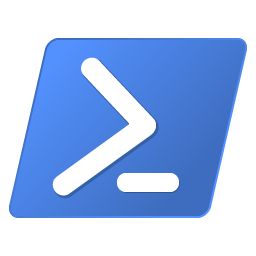


PowerShell Sessions, Slides and Demos from TechEd 2013

Cmdlet Help Editor is now released on CodePlex

Scaling and Queuing PowerShell Background Jobs

Advanced Debugging in PowerShell

Adding Custom Cmdlet Help for Providers

How to Create an Object in PowerShell

How To Write a Console Application in PowerShell with Add-Type

What the Heck is an ENUM?


 Light
Light Dark
Dark